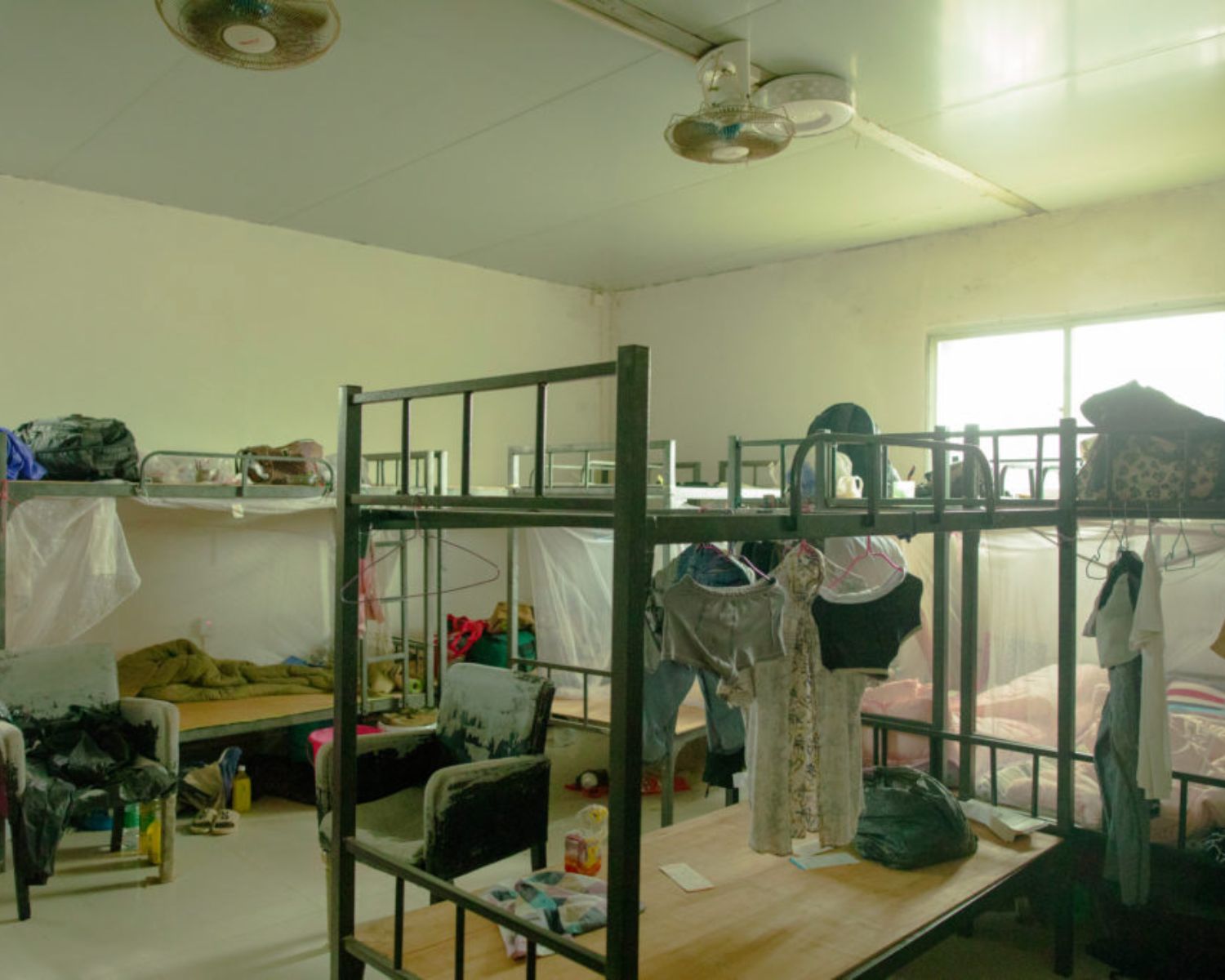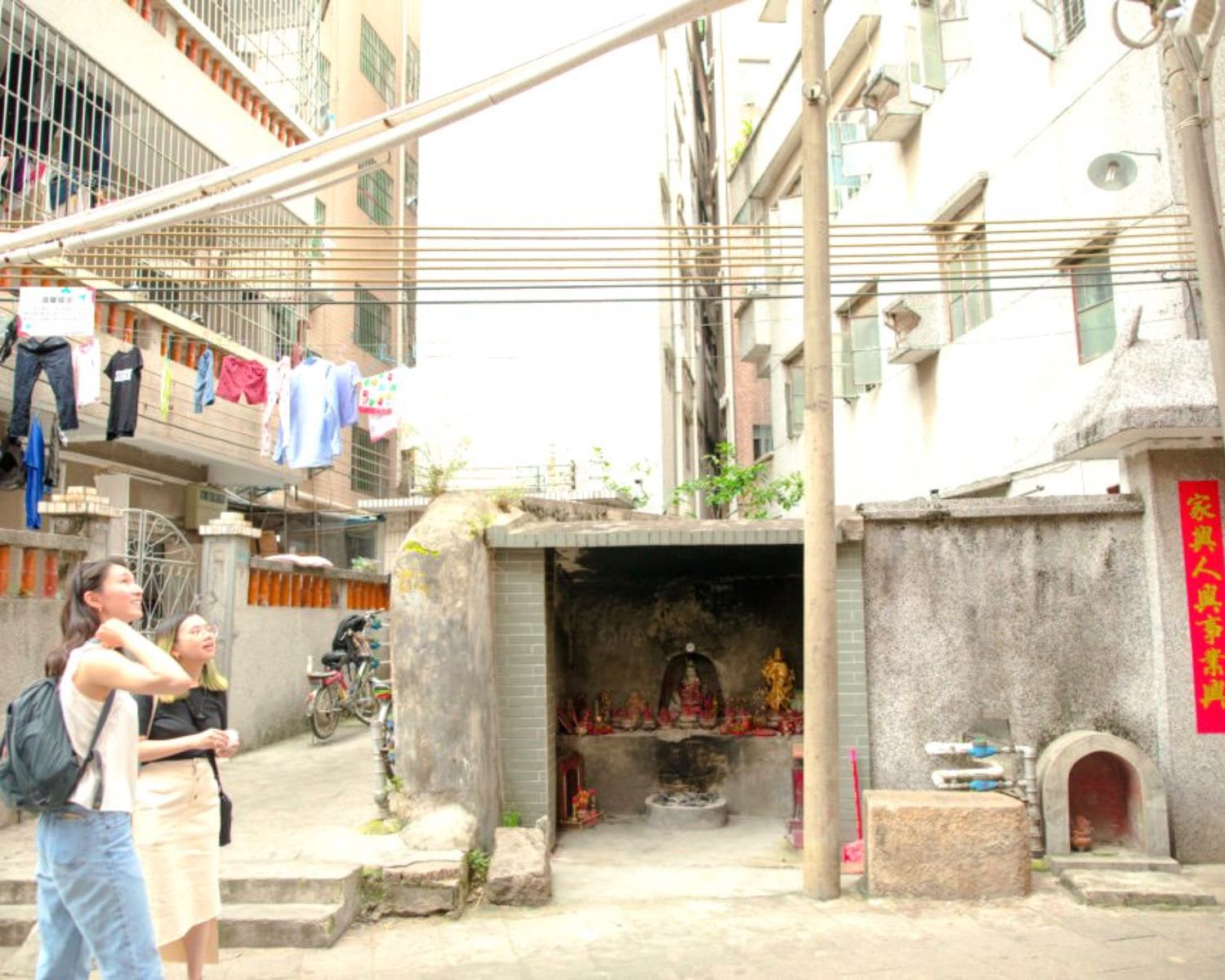
Understanding rural-urban migrant worker mental health through fieldwork
Every Lunar New Year, millions of people in China board trains, drive motorbikes, and seek any method of transport that will return them to their hometowns. The world’s largest annual migration event is just one indicator of China’s massive rural-urban migrant population, who bypass vast differences in regional cultures and lifestyles to work jobs that serve the needs of a growing middle class in the city. The rapid economic development spurred by Deng Xiaopeng’s economic reforms in the 1980s has created megacities out of fishing villages, such as Shenzhen. With such unprecedented levels of change, a new category of workers are facing a new concoction of pressures and aspirations.
Culture has a massive influence on how individuals perceive and handle their own distress. It’s been long observed that certain cultures may have higher instances of psychosomatic symptoms for mental distress. As such, mental health is also a deeply varied and personal experience. Based on this understanding, we set out to better understand the mental health experiences of rural-urban migrant workers in Shenzhen. Our research was funded by the Richard Lee Charles Insights Through Asia (ITAC) grant from the Munk School’s Asian Institute, with supplementary funding from the University College Elizabeth Brown Travel Award. Through this experience, we were advised by Dr. Kristen Bright, Dr. Chris Gibb, and received guidance from our Munk One Professors Teresa Kramarz and Joseph Wong. Thanks to the connection with upper-year Munk One peers who had conducted research with the ITAC grant, we were also able to chat with them about their experience and gain insightful tips on what to expect during the process.
 Taking another note from our time in the 2017-2018 Munk One cohort, the experience we gained conducting qualitative research and ethnography proved to be invaluable in shaping our research. A scan of the literature showed us that much of the existing research on this topic was conducted via mass surveying predicated on quantitative methodologies, utilizing scales such as the WHO-5 or SCL-90-R. Not only did we feel that such scales ran the risk of universalizing a culturally-specific issue, but we also wished to better understand the mechanisms through which stressors come to affect mental health, the interactions between stressors, and the diversity of how rural-urban migrants may understand and manifest their mental health. As a result, we decided to take a street-level, ethnographic approach to our research.
Taking another note from our time in the 2017-2018 Munk One cohort, the experience we gained conducting qualitative research and ethnography proved to be invaluable in shaping our research. A scan of the literature showed us that much of the existing research on this topic was conducted via mass surveying predicated on quantitative methodologies, utilizing scales such as the WHO-5 or SCL-90-R. Not only did we feel that such scales ran the risk of universalizing a culturally-specific issue, but we also wished to better understand the mechanisms through which stressors come to affect mental health, the interactions between stressors, and the diversity of how rural-urban migrants may understand and manifest their mental health. As a result, we decided to take a street-level, ethnographic approach to our research.
What ensued was 21 days of fieldwork split between Shenzhen and Hong Kong, during which we were able to speak to migrants, academics, and non-for-profits on the topic of rural-urban migrant worker mental health. The fieldwork experience was absolutely crucial in teaching us about the issue and our own strengths and weaknesses as researchers. Particularly, we were shocked at the sheer diversity of experiences within the broad analytical category of rural-urban migrants. Factors which we found were significant to mental health perception included living conditions, gendered experiences, social security, belonging, and the existence of an elusive ‘Chinese Dream’.
The uniqueness of Shenzhen as a city strongly rooted in recent history of migration made for an interesting finding: the expected exclusion of migrants was not as strong as those practiced by individuals and institutions in other major Chinese cities. This suggests to us that, as the urbanization rate increases and rural-urban migration becomes the new normal in China, traditional factors of exclusion such as migration are increasingly complicated and less binary.

As researchers, the experience showed us the importance of being adaptable in the field as local conditions made us revisit the scope of our question and methods of evaluation. In addition, we learned the importance of being confident in forging new contacts and being creative in finding such connections on the ground.
Though we consider our project a small dive into the minutiae and intricacies of such a large issue, we hope that by documenting the stories of those we met in the city, we can promote a greater appreciation for the sheer diversity of human experience.
Katie Kwang and Hui Wen Zheng were students of the 2017-2018 Munk One Cohort, and received the Richard Charles Lee Insights Through Asia Challenge award this year to conduct research on rural-urban migrant worker mental health in Shenzhen and Hong Kong. They worked alongside Benita Leong, a third-year undergraduate student at UTM completing a Specialist in Political Science and History, with a Minor in Design Communication and Art. You can read their full multi-media essay online here: https://movinginmovingout.shorthandstories.com/

